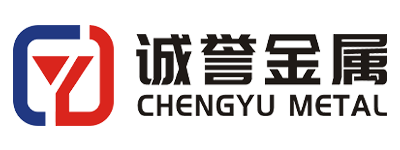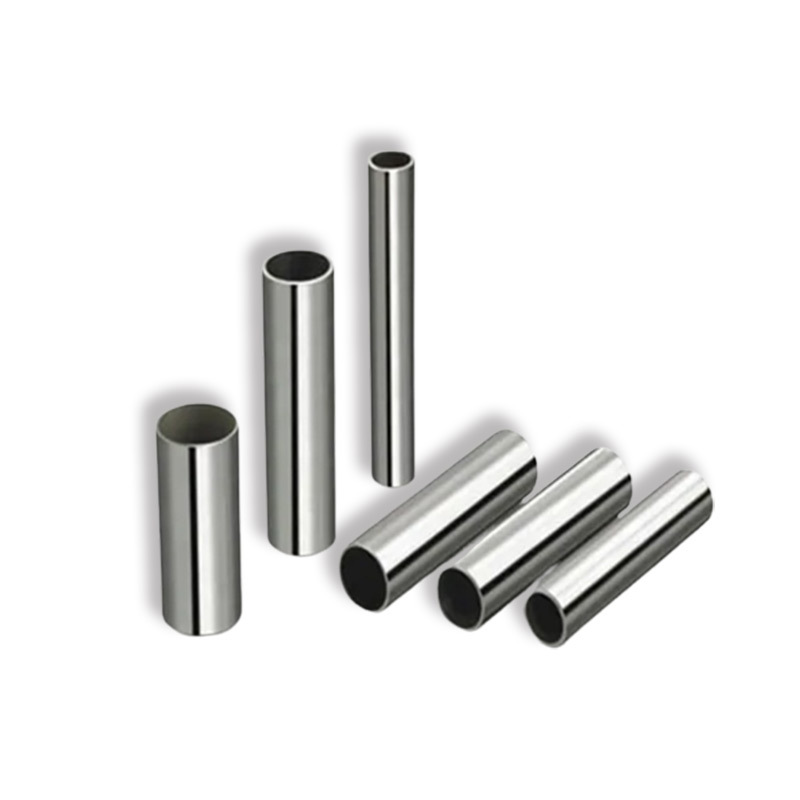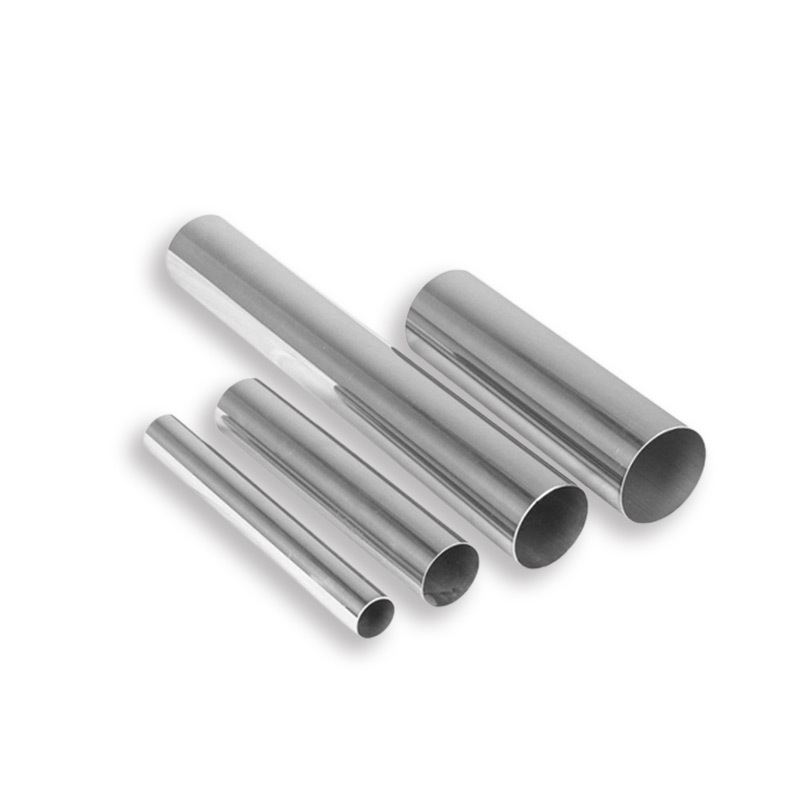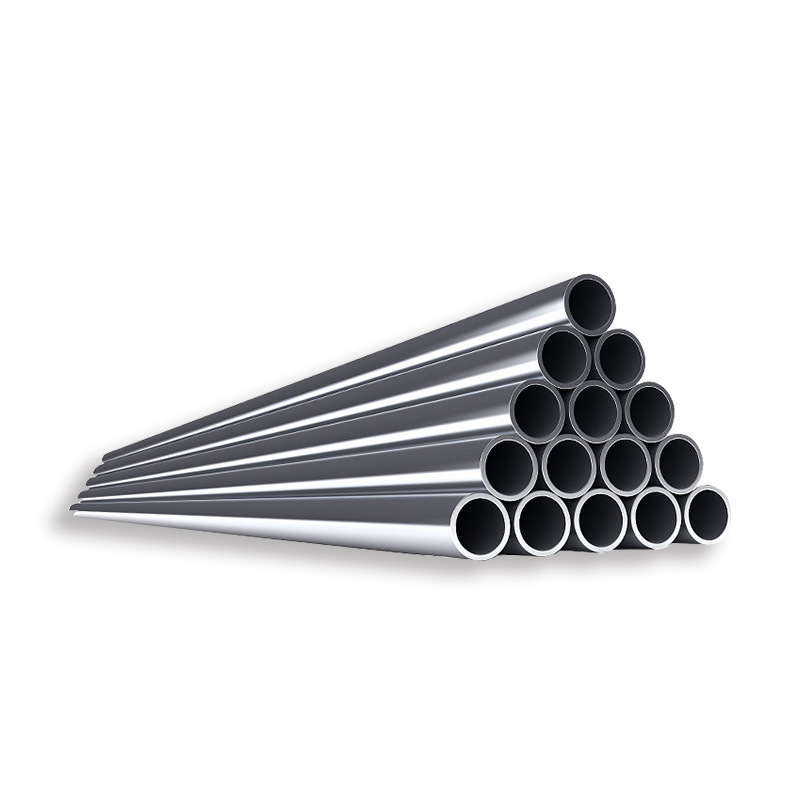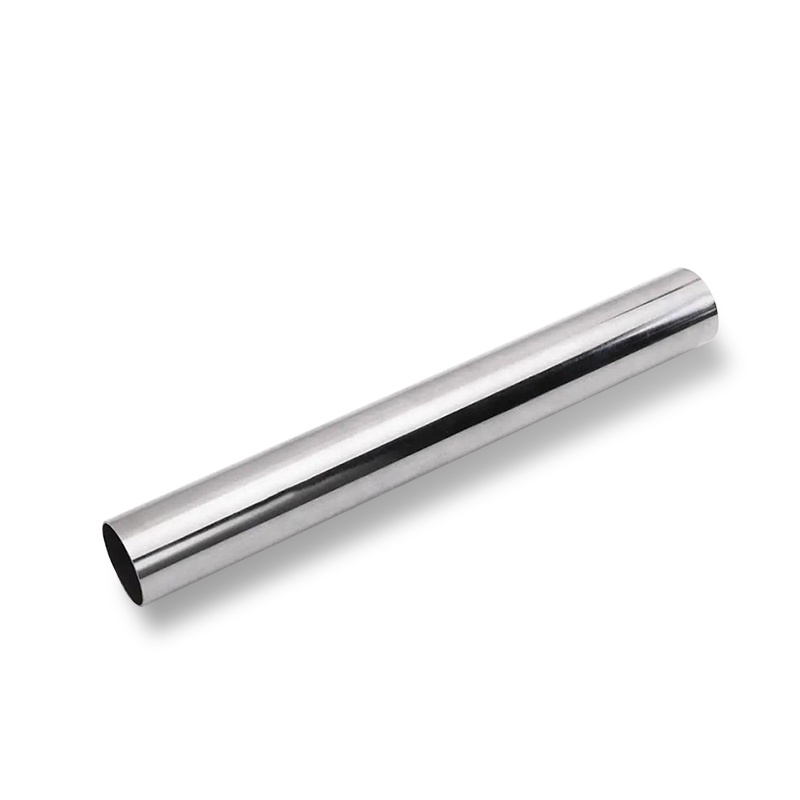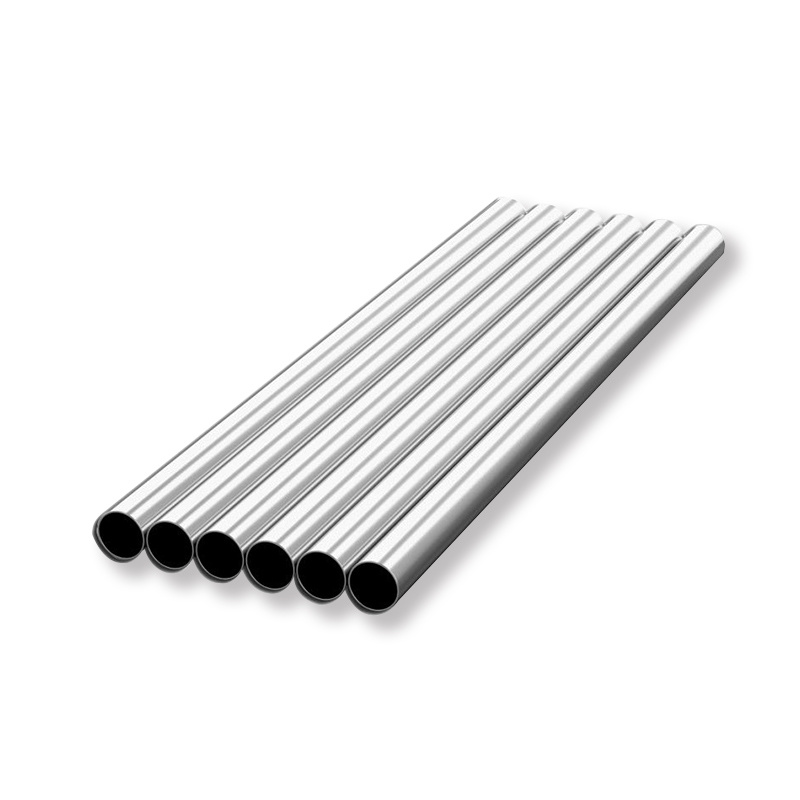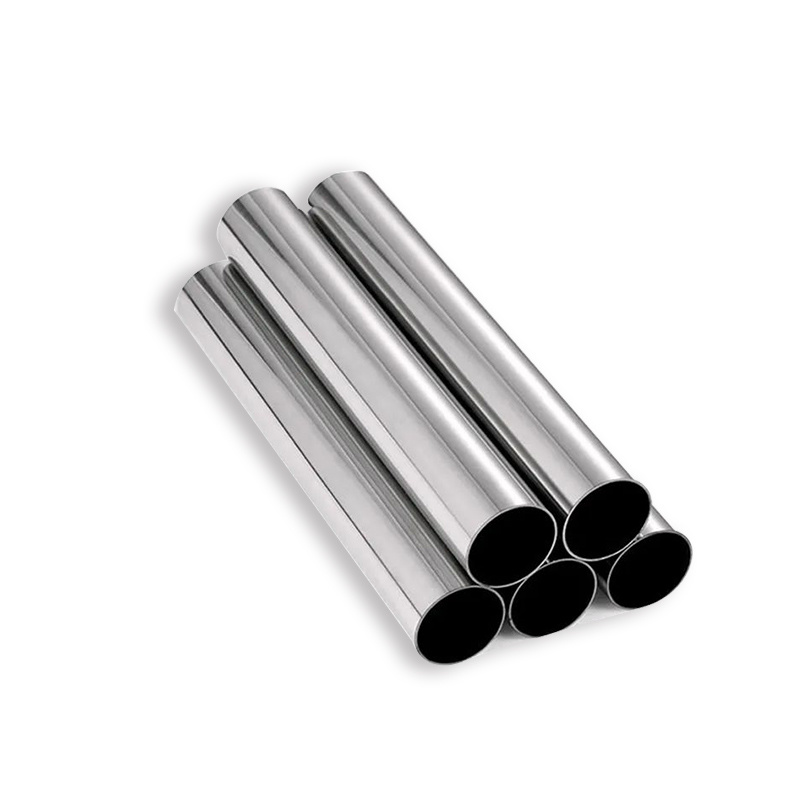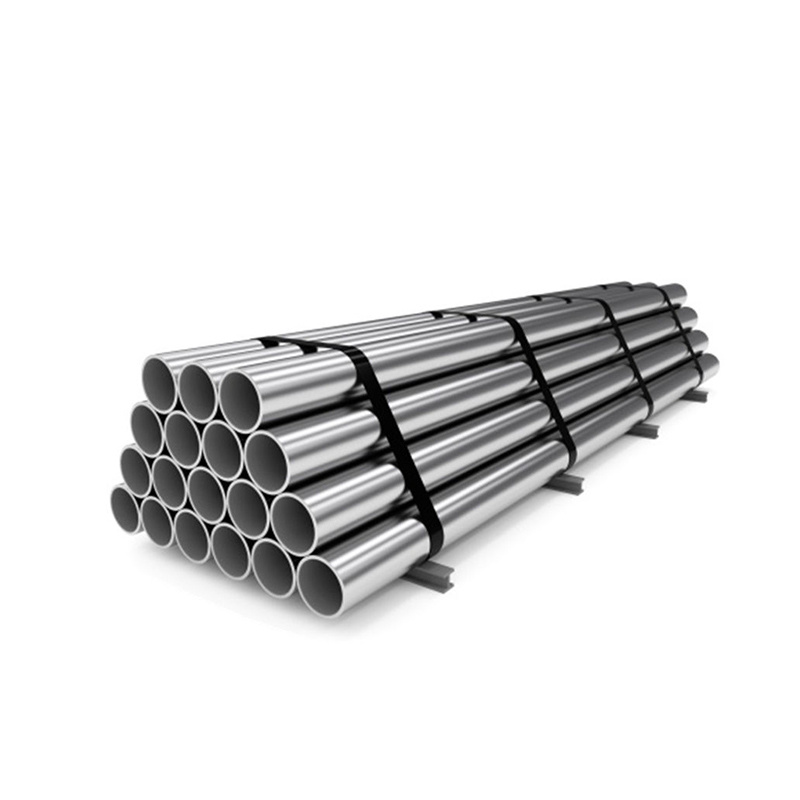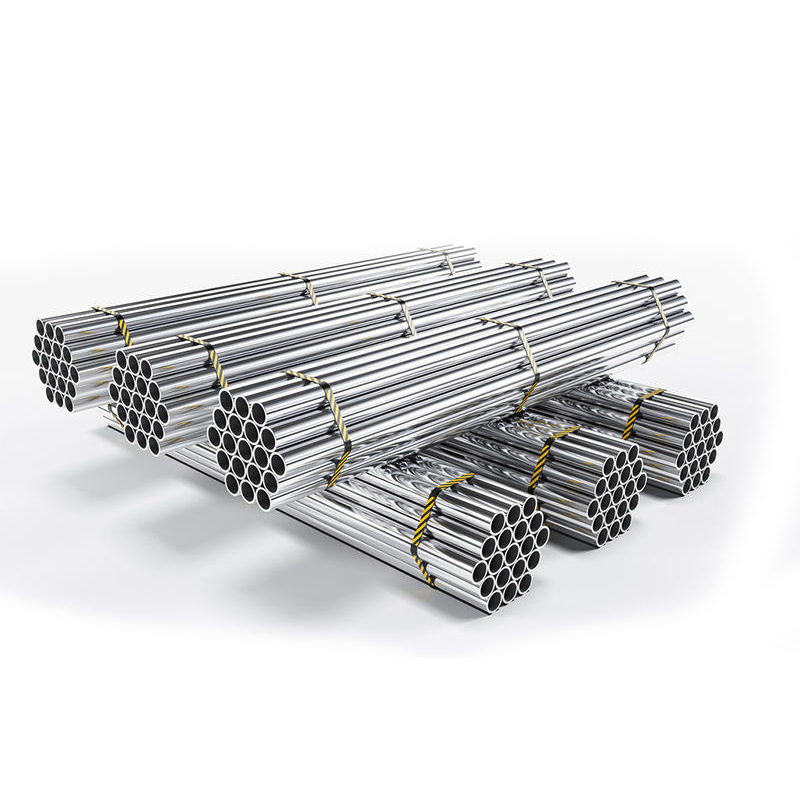PRODUCT CENTER
OUR ADVANTAGE

AAA Level
Credit Steel Supplier

10+
Stock Warehouses

Support
Three-party Inspection

Large Order
Preferential Policies
Order Now
+8613463057999
301 grade stainless steel is a common austenitic stainless steel with good corrosion resistance and high carbon content, and can be cold worked to various temperatures. Among stainless steels, 301 is the most easily strengthened steel by cold deformation. Cold deformation processing can improve the strength and hardness of steel, and retain sufficient plasticity and toughness. In addition, this steel has good rust resistance under atmospheric conditions, but its corrosion resistance in reducing media is poor, and its corrosion resistance in chemical media such as acid, alkali and salt is poor. Therefore, it is not recommended for corrosive environments.
302 stainless steel is a variant of 18% chromium and 8% nickel austenitic stainless steel. This alloy is the most common and frequently used alloy in the stainless steel family. 302 are slightly higher carbon versions of the 304, usually in the form of ribbons and wires. It is a tough, tough grade, has considerable corrosion resistance, is non-magnetic, and cannot be hardened by heat treatment. 302 are typically used in their annealed state and have a high degree of ease of manufacture and formability.
303 grade stainless steel is also called 1.4305 stainless steel, and 303 grade is the easiest to process of all austenitic stainless steels. The machinability properties of the 303 grade are due to the presence of sulfur in the steel elements. Sulfur can improve machining, but it also reduces corrosion resistance and toughness. The corrosion resistance of the 303 type is lower than that of the 304 type, but the toughness is still as excellent as other austenitic grades.
317L is a low-carbon austenitic stainless steel containing molybdenum. More chromium, nickel and molybdenum are added to obtain better corrosion resistance and increase the resistance to sulfurous acid, acetic acid, formic acid, citric acid and tartaric acid. Resistance to chemical attack. Due to its low carbon content, 317L also provides resistance to sensitization during welding, as well as higher creep, rupture stress and high temperature tensile strength. It is non-magnetic in the annealed state, but may become slightly magnetic after welding.
321(UNS S32100) is a titanium stabilized austenitic stainless steel with good general corrosion resistance. It has good intergranular corrosion resistance at a chromium carbide precipitation temperature of 800-1500 °F(427-816°C). The alloy is resistant to oxidation at 1500 °F(816°C) and has higher creep and stress rupture properties than the 304 and 304L alloys. It also has good low temperature toughness.
330 is an austenitic nickel-chromium-iron-silicon alloy with excellent oxidation and carburizing properties up to 2200 °F and high strength. The high nickel and chromium content of the alloy provides excellent oxidation resistance and carburization, and the silicon content further improves the oxidation resistance of the alloy. The ultra-high nickel content of 34 to 37% of the alloy 330 also provides high resistance to chloride stress corrosion cracking and embrittlement due to sigma phase precipitation in most furnace atmospheres. The alloy 330 also has a low coefficient of expansion, excellent ductility and high strength.
347 is a stable austenitic chromium steel, containing niobium, which can eliminate carbide precipitation, thereby eliminating corrosion during the year. 347 is stabilized by the addition of chromium and tantalum, and provides higher creep and stress rupture properties than alloys 304 and 304L, which can also be used for sensitization and exposure to corrosion problems during the year. The addition of niobium also makes the 347 alloy have excellent corrosion resistance, even better than the 321 alloy.
403 stainless steel has excellent mechanical properties, including high hardness, high strength and high wear resistance. It is commonly used in the manufacture of high hardness tools, cutting tools, bearings and valves and other industrial parts, especially in applications requiring corrosion resistance and wear resistance. In addition, 403 stainless steel can also be used in food processing equipment, chemical equipment, medical equipment and other fields to meet the requirements of corrosion resistance and mechanical properties.

